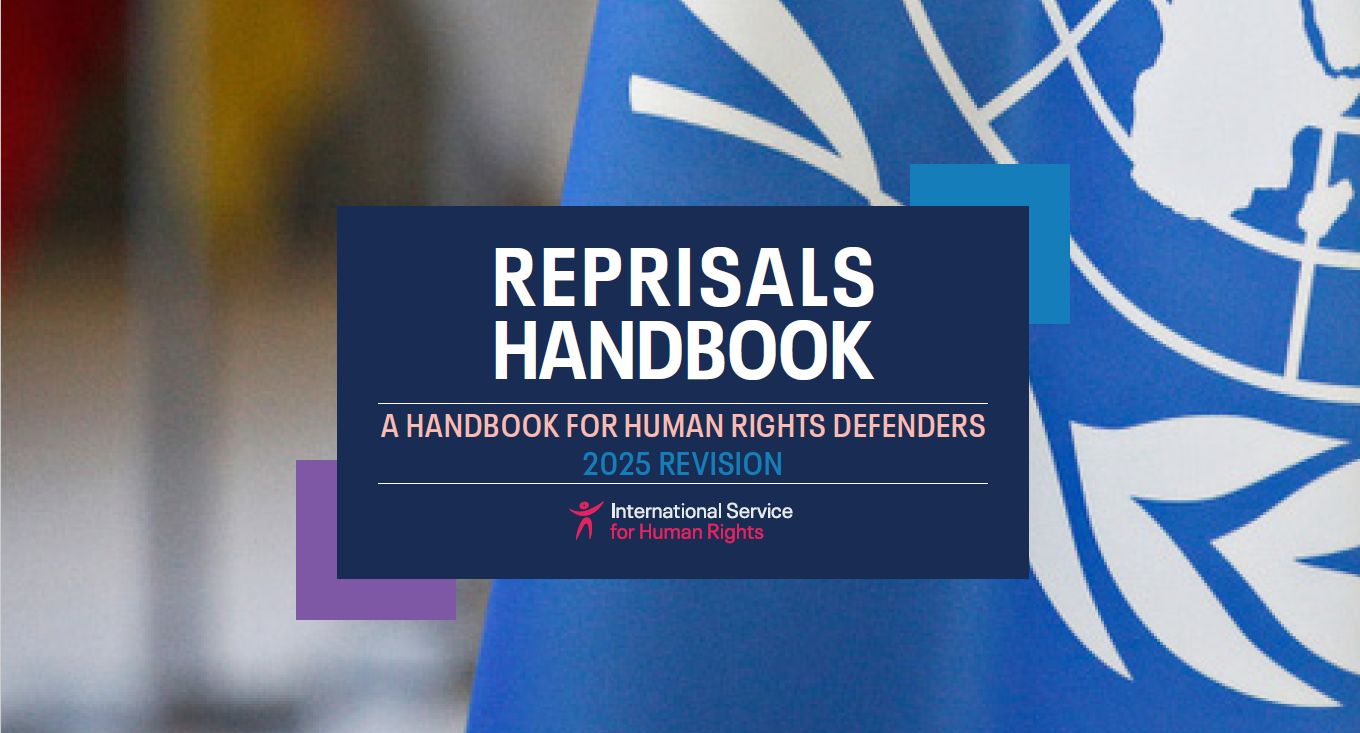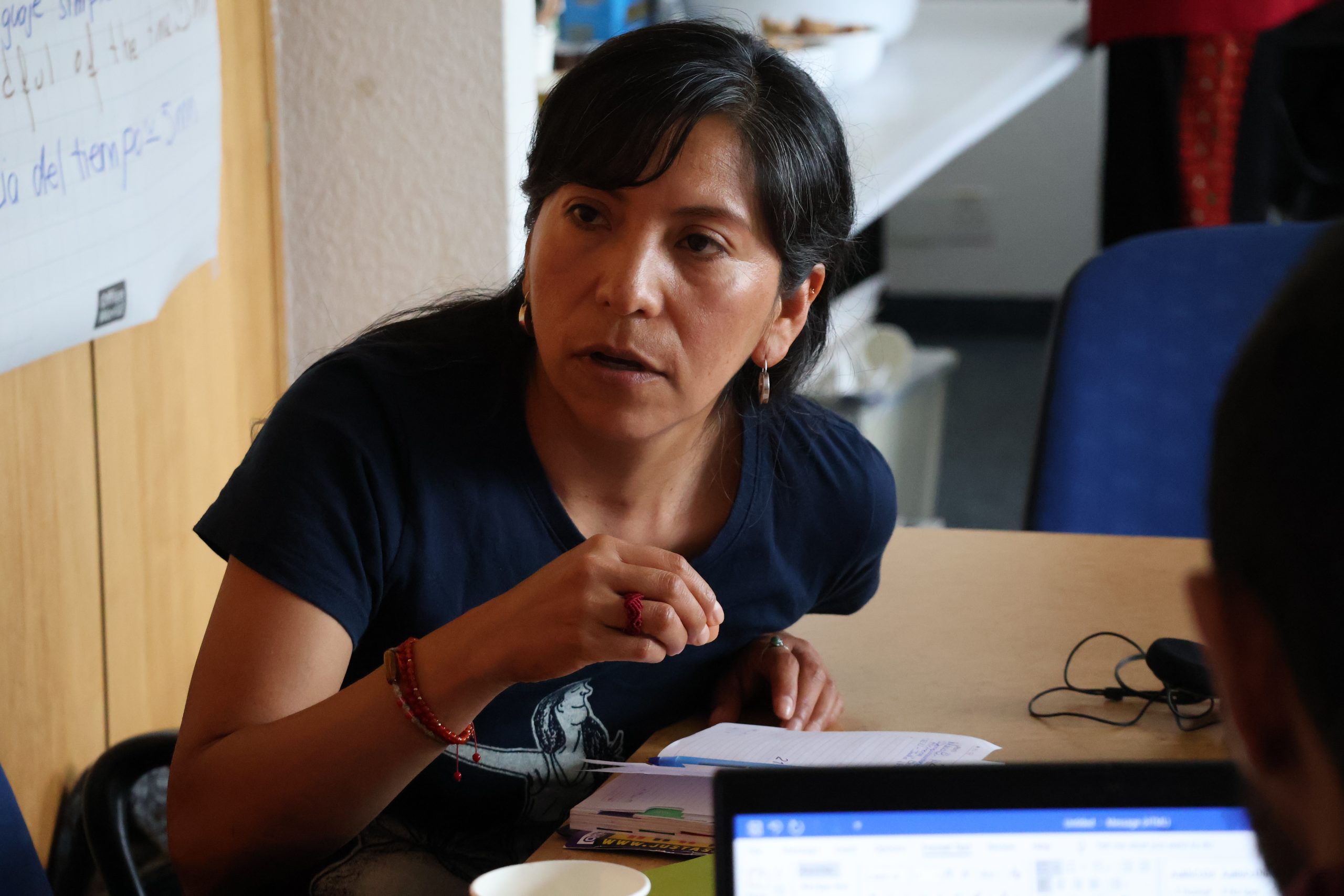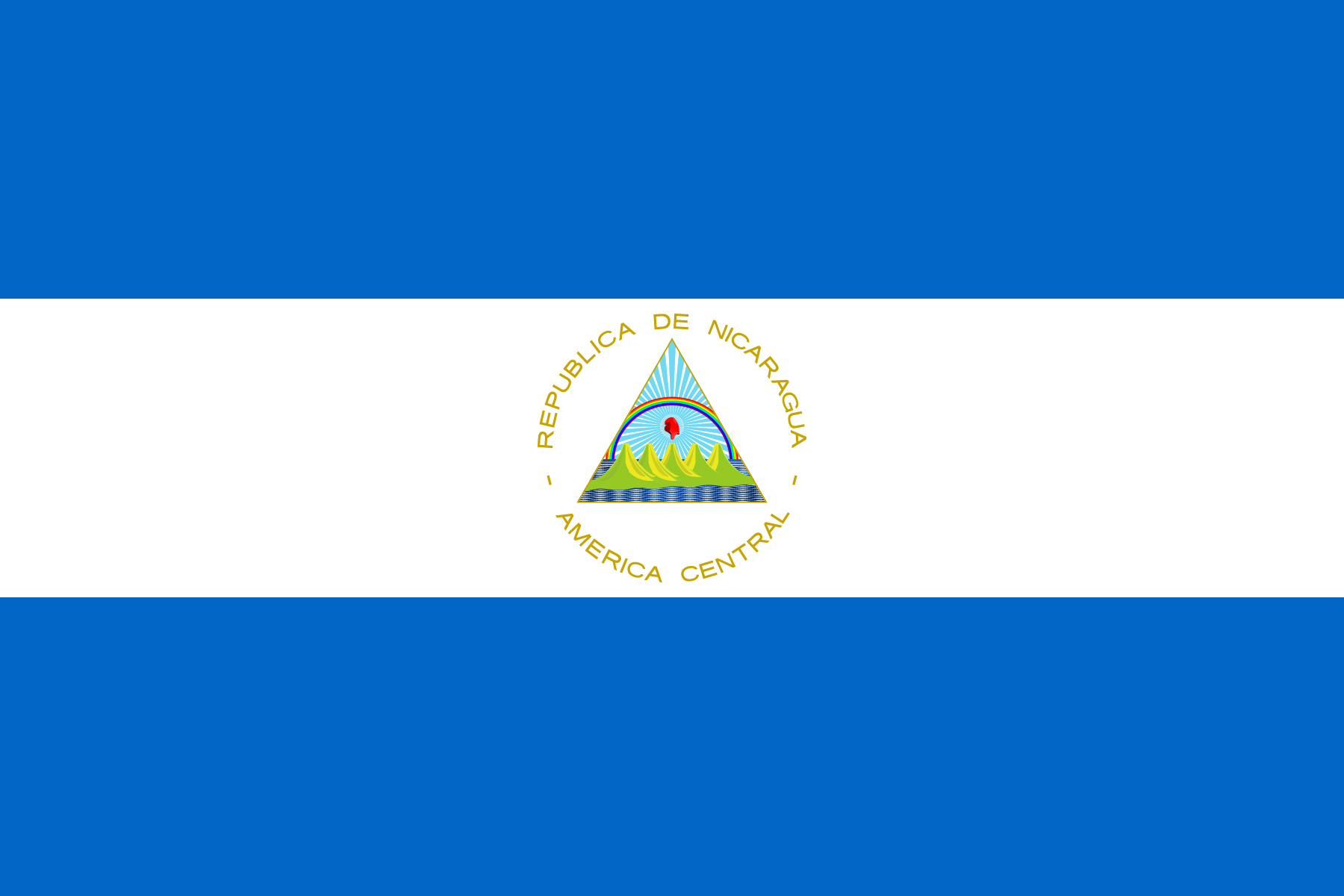In a rarely seen move, the UN’s Committees on Torture (CAT) and the Subcommittee on the Prevention of Torture (SPT), issued a stern condemnation of the Nicaraguan government on November 29 for refusing to cooperate with the two bodies, established under international human rights treaties voluntarily ratified by Nicaragua. Nicaragua refused to undergo a scheduled review under the CAT in July 2022, and to accept a mandatory country visit – of confidential nature – by the SPT in 2023. It further ‘did not respond to repeated requests to hold private meetings with either treaty body to discuss their respective mandates and the State party’s obligations,’ indicates the CAT Chairperson, Mexican member Claude Heller. Heller called out the government after it ‘disregarded its obligations under the two treaties’ and ‘even questioned the legitimacy of the UN treaty bodies system as a whole.’
For the first time ever, both bodies decided to disclose publicly the previously confidential report from the SPT’s first visit to Nicaragua in 2014, in line with Article 16.4 of the Optional Protocol to the Convention Against Torture (OPCAT), seeking a ‘preventive effect.’ Heller explains the historic decision as a means to ‘reflect the gravity of the situation and the need for a coordinated response to prevent torture’: under international law, prohibition of torture is a peremptory norm, from which no derogation is permitted.
This is the first time the two committees have taken a joint action when dealing with a non-cooperative State Party.
Claude Heller, Chairperson of the UN Committee Against Torture (CAT)
The SPT, a UN body mandated to monitor detention facilities with a view to prevent torture and ill-treatment, is the latest UN expert committee the Nicaraguan Government shut its door on. Nicaragua had ratified the OPCAT in 2009, committing itself to creating an independent National Preventive Mechanism, and subsequently agreed for a first visit by the SPT in 2014. Eight years later, the SPT’s Chairperson, Suzanne Jabbour stated publicly that ‘it is extremely regrettable that Nicaragua refused to cooperate with the SPT to undertake our second visit to the country to assess the implementation of the recommendations.’ Jabbour recalls that States Parties have a ‘legal obligation to receive any delegation of the SPT.’
The Subcommittee has carried out more than 80 visits during its 15 years in operation, and this is the first time we have encountered such blanket refusal to cooperation. States need to be held accountable for failing to prevent torture and ill-treatment.
Suzanne Jabbour, Chairperson of the UN Subcommittee on the Prevention of Torture (SPT)
Six UN reviews refused within a year
Just over a month ago, the Human Rights Committee, tasked with examining State Parties’ compliance with the International Covenant on Civil and Political Rights, had been the fifth scheduled review by a UN expert ‘treaty body’ committee that Nicaragua escaped in the past year. The committee of experts reviewed the countries’ civil and political rights record in absentia, as the State delegation failed to show up, stressing that it ‘regretted this unfortunate situation, which was not conducive to conducting a meaningful review’.
The committee’s chair, Photini Pazartzis, concluded that the country’s situation has ‘seriously deteriorated’, listing a range of serious issues from the ‘clamp down on journalists and protestors, prolonged arrests of political opponents, a lack of independence of the judiciary’ to immunity under the Amnesty Law to perpetrators of violations during the 2018 and 2019 protests. She ‘repeated her call on the State party to cooperate with the Committee, the treaty body system and all international institutions.’
By failing to attend this crucial review given the country’s multi-pronged crisis, Nicaragua strikes again. In August 2022, the Government did not send any representative to the review by the Committee on the Elimination of Racial Discrimination (CERD), and refused to respond to letters previously sent by committee members to open channels of dialogue, prompting committee chairperson Verene Shepherd to condemn ‘an evident lack of cooperation.’
The Government had previously failed to attend scheduled reviews by the UN’s Committee on Economic, Social, and Cultural Rights (CESCR) in October 2021, the Committee on the Elimination of Discrimination against Women (CEDAW) a few days later, and the CAT in July 2022.
Refusing to cooperate with six UN human rights bodies within a year, with such defying attitude to those, constitutes an unprecedented development, which Nicaragua ought to be accountable for. We warmly welcome the commensurate response from the UN's anti-torture bodies.
Vincent Ploton, ISHR's Director of Treaty Body Advocacy
During its July 2022 review by the Committee Against Torture (CAT), the Nicaraguan government decided to take defiance to the next level by sending an insulting letter to the Committee to justify their decision to reject the review, describing it as an ‘echo chamber for imperialist rhetoric,’ and pointing out that ‘torture was not practice in Nicaragua.’ Chairperson Claude Heller had then already denounced ‘unacceptable statements that challenged the integrity of the Committee and other international human rights bodies.’ Both the CAT and the CERD took the welcome decision to also proceed with their respective reviews in the absence of the Nicaraguan delegation.
By refusing to fulfill the most basic obligation under international human rights treaties to cooperate, the Nicaraguan government embraces isolation and confrontation as its new foreign policy.
Raphael Viana David, ISHR's China and Latin America advocate
The UN ‘Treaty Bodies’ are committees of independent human rights experts that monitor countries’ respect for fundamental rights enshrined in the international human rights treaties they voluntarily ratified, during periodic reviews in Geneva. Regardless of a government’s willingness to cooperate, such as Nicaragua’s, countries are still bound by these treaties.
This is not the first time that Nicaragua has defied Treaty Bodies. Nicaragua’s open defiance dates back from its October 2021 review by the Committee on Economic Social and Cultural Rights (CESCR), when Nicaragua’s Ambassador to the UN in Geneva had taken the unusual decision to indicate that he would attend on his own and ‘in a listening mode’ only, refusing to respond to any questions.
Although not totally unseen, the absence of State delegations in Treaty Body reviews is relatively rare, and mostly occurs in instances of small and/or poorly-resourced States. Such negative scenarios are also much less commonly seen given the significant technical assistance and cooperation offered to governments by the Office of the High Commissioner for Human Rights (OHCHR) as part of a dedicated capacity-strengthening programme established in 2015.
Together with their international allies, Nicaraguan NGOs had previously written to the Chairpersons of five UN Committees expected to review Nicaragua, asking them to prioritise these reviews, given the disruptions induced by Covid-19. As evidenced by the CESCR, the Human Rights Committee and other committees’ precedents, UN Treaty Bodies can review countries in absence of a State delegation and issue a set of recommendations that States have a duty to consider.
Isolationism as a foreign policy
At the same time as Nicaragua was escaping scrutiny from the UN Treaty Bodies, the Inter-American Court of Human Rights in Washington was adopting a resolution affirming that ‘refusing to comply with the protection measures and the non-observance of what was ordered in previous resolutions constitutes an act of contempt for the obligatory nature of the decisions issued by this Court and a breach of the duty to inform.’
In March 2022, the Human Rights Council, the UN’s top human rights decision-making body, adopted resolution 49/3, calling on the government to ‘cooperate fully’ with the UN human rights bodies, and establishing a ‘Group of Human Rights Experts’ that will carry a ‘thorough and independent investigation and establish the facts and circumstances, collect, consolidate, preserve and analyse information and evidence, and, where possible, identify those responsible, for all alleged human rights violations and abuses committed in Nicaragua since April 2018,’ in line with the calls of the Colectivo 46/2, coalition of Nicaraguan and international civil society organisations.
In latest September 2022 report, the Office of the High Commissioner for Human Rights (OHCHR) reiterated its previous recommendations to the Government, including to ‘allow OHCHR access to Nicaragua and cooperate effectively with it.’
In line with NGO calls, ISHR calls on:
-
- The Government of Nicaragua to cooperate fully with the UN human rights system, including by providing information, attending reviews, and implementing recommendations by the UN Treaty Bodies, including during its upcoming review by the Human Rights Committee in October 2022;
- The Committee on the Elimination of Discrimination against Women (CEDAW) to prioritise its review of Nicaragua, and to proceed with the review should the State delegation refuse to participate;
- UN Human Rights Council members to ensure sustained attention to the human rights situation in Nicaragua, publicly urge Nicaragua to cooperate fully with the UN human rights system, and reiterate recommendations to the Government listed in resolution 49/3 and the OHCHR’s 12 September 2022 report on Nicaragua.
Author
Vincent Ploton
Vincent leads ISHR's strategic engagement and litigation with the UN Treaty Bodies. He is also a member of the Advisory Boards of the Oxford Journal of Human Rights Practice, and the Land Rights Now campaign. Vincent holds an Msc in political science (SOAS, University of London) and an MBA (EICD 3A, Lyon).
Author
Raphaël Viana David
Raphaël is ISHR's China and Latin America Programme Manager in our Geneva office. He joined ISHR in 2018.
Article also available in




